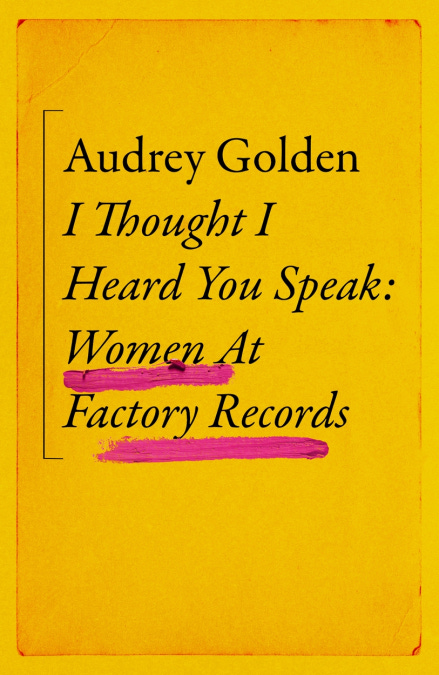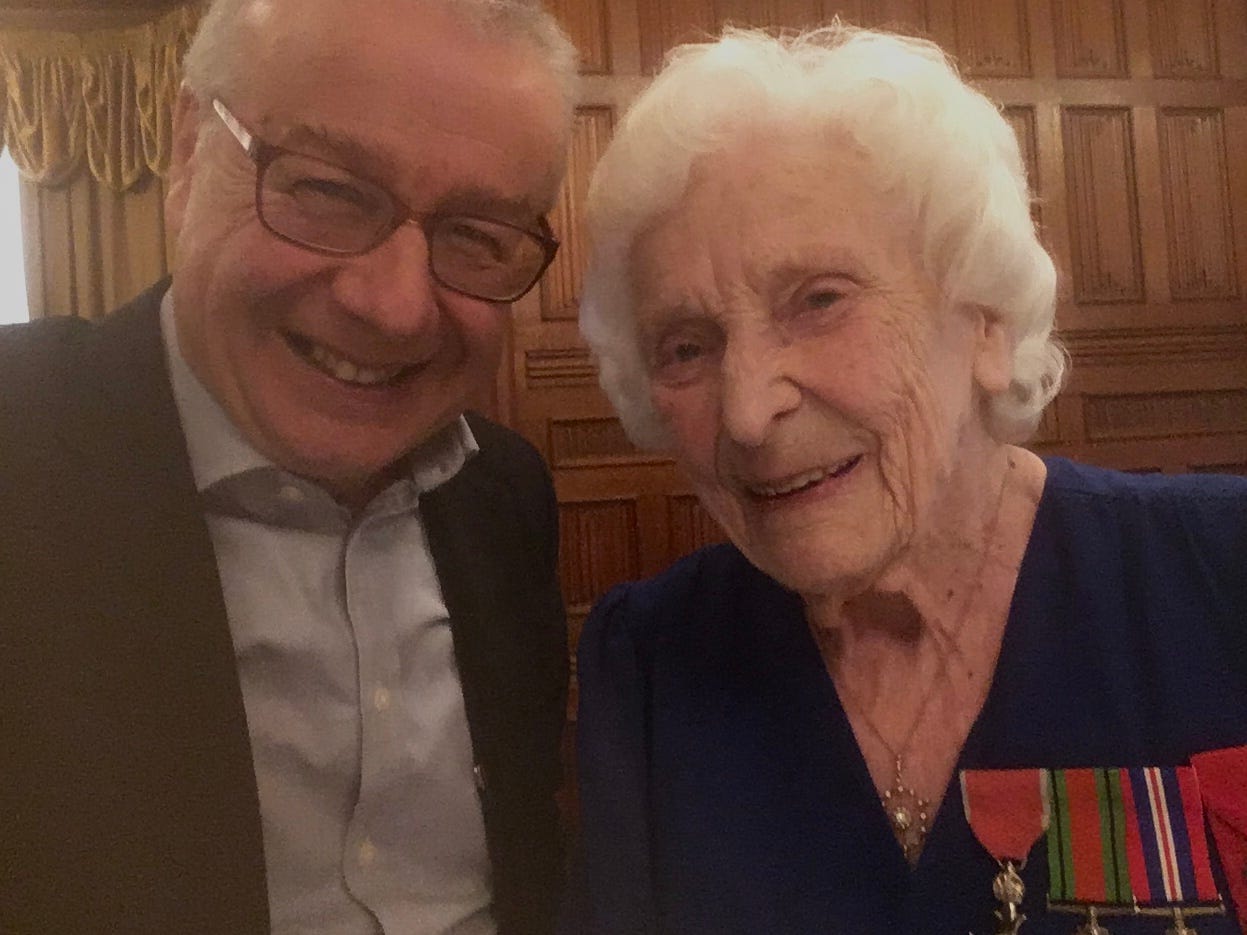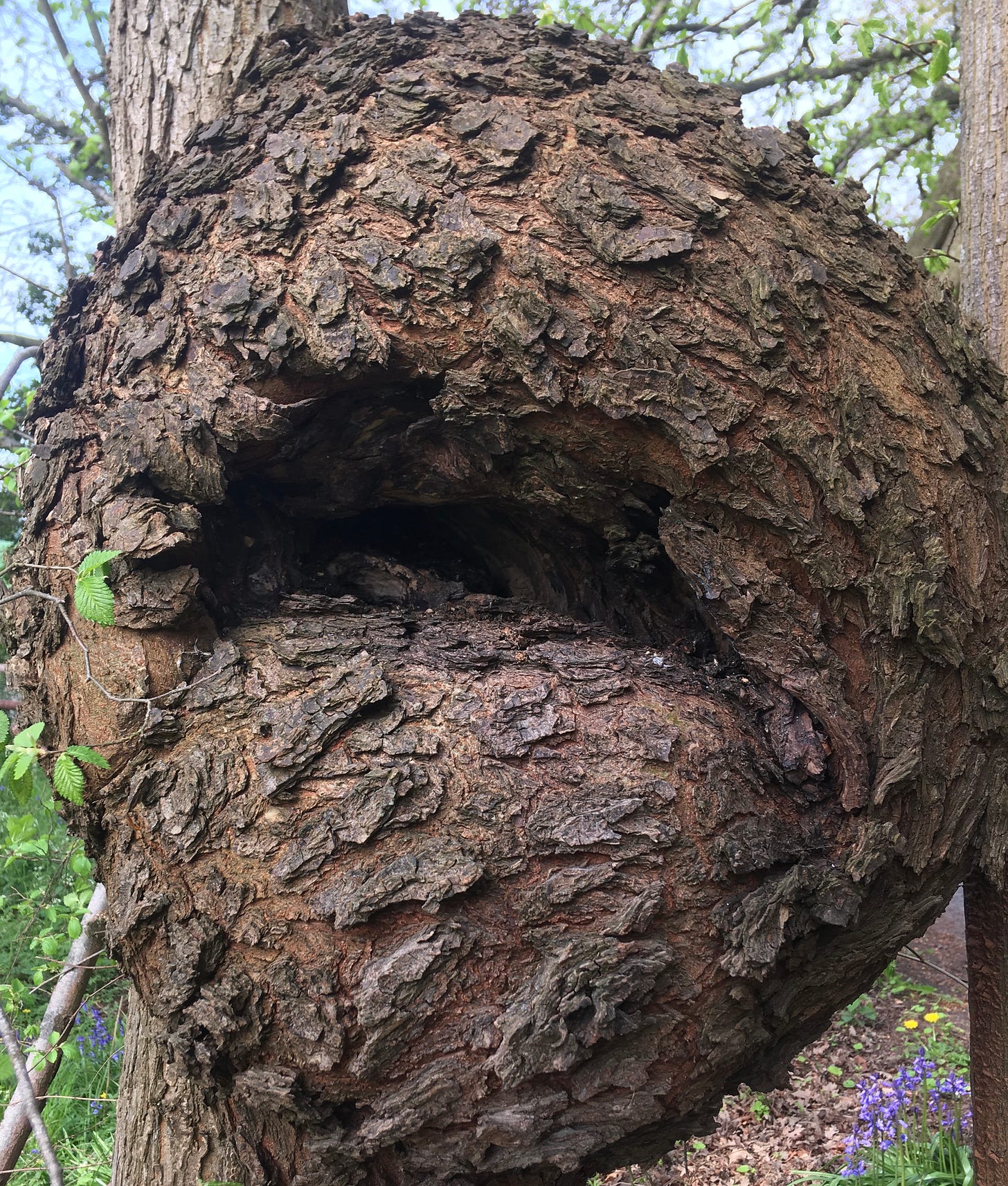Black Ops (BBC)
VERY funny comedy about a pair of incompetent PCSOs drafted in to go undercover on a London estate to bust a drugs gang. Gbemisola Ikumelo (who helped create and write the show) stars alongside Akemnji Ndifornyen, as well as a posse of more familiar Britcom names such as Joanna Scanlan and Felicity Montagu.
The show wants to have it cake and eat it by poking fun at racial stereotypes at the same as taking advantage of them, but it gets the balance just about right – and while it’s more knockabout than Stephen Merchant’s “Outlaws”, just like that show it pulls off the trick of mixing humour with more than a hint of a thriller.
I Thought I Heard You Speak
Factory Records was the home of post punk originators Joy Division and New Order, created the legendary Hacienda nightclub and gave a contract to Madchester icons the Happy Mondays – not a bad CV for a small record label that rapidly transformed from scrawny outsider to indie heavyweight.
Many of its key acts had an undeniably macho edge, though – you certainly wouldn’t have messed with Peter Hook or Shaun Ryder in their prime. Gigs in the 80’s could be riotous affairs anyway, and as rave culture took hold in the 90s, Factory’s Hacienda nightclub became (unwittingly) entwined with gangs, guns and drugs.
On the other hand, it’s cultural significance was immense, arguably making a greater contribution to the renaissance of the Rainy City than any politician.
Audrey Golden’s timely book understandably focuses on the more creative side of the label’s output, and reminds us that women were essential feature of its development
She hears from musicians like New Order’s keyboard player Gillian Gilbert; Lesley Gilbert (no relation) Factory’s production and office manager from 1980-85; as well as Lesley Reade, ex-wife of label boss Tony Wilson, who brought OMD to the label.
There were many others, too, but Wilson’s love of the limelight tended to overshadow everyone else’s contribution – male and female.
Golden’s important oral history puts the record straight and reflects positively on a time and place where women weren’t expected to behave as “rock chicks” and felt empowered to make an important contribution.
Betty Webb
It’s not only Factory Records where women were under-rated. Their role in the Allies’ code breaking operation at Bletchley Park during WW2 took years to come to light as well. The brilliance of Alan Turing in cracking the Enigma Code has been justifiably lauded, but we’ve heard less about the team effort that allowed his genius to flourish.
Betty Webb was one of scores of “backroom girls” who intercepted German and Japanese communications, without whom the likes of Turing would have been unable to do their work. Afterwards, she was seconded by the US government and headed to Washington DC.
I was honoured to be invited to Betty’s 100th birthday celebrations at Bletchley.
She still drives and has just published her new book “No More Secrets – My Part In Codebreaking at Bletchley Park and The Pentagon”
Walking in the countryside
Just walking. In the countryside. Good for the body, good for the soul. At this time of year, there’s no finer place to do it than Britain. Musician Pete Williams has been sharing some of his favourite strolls with me in recent times, including one around the Worcestershire village of Broome where I saw this weird and rather wonderful warped tree.





